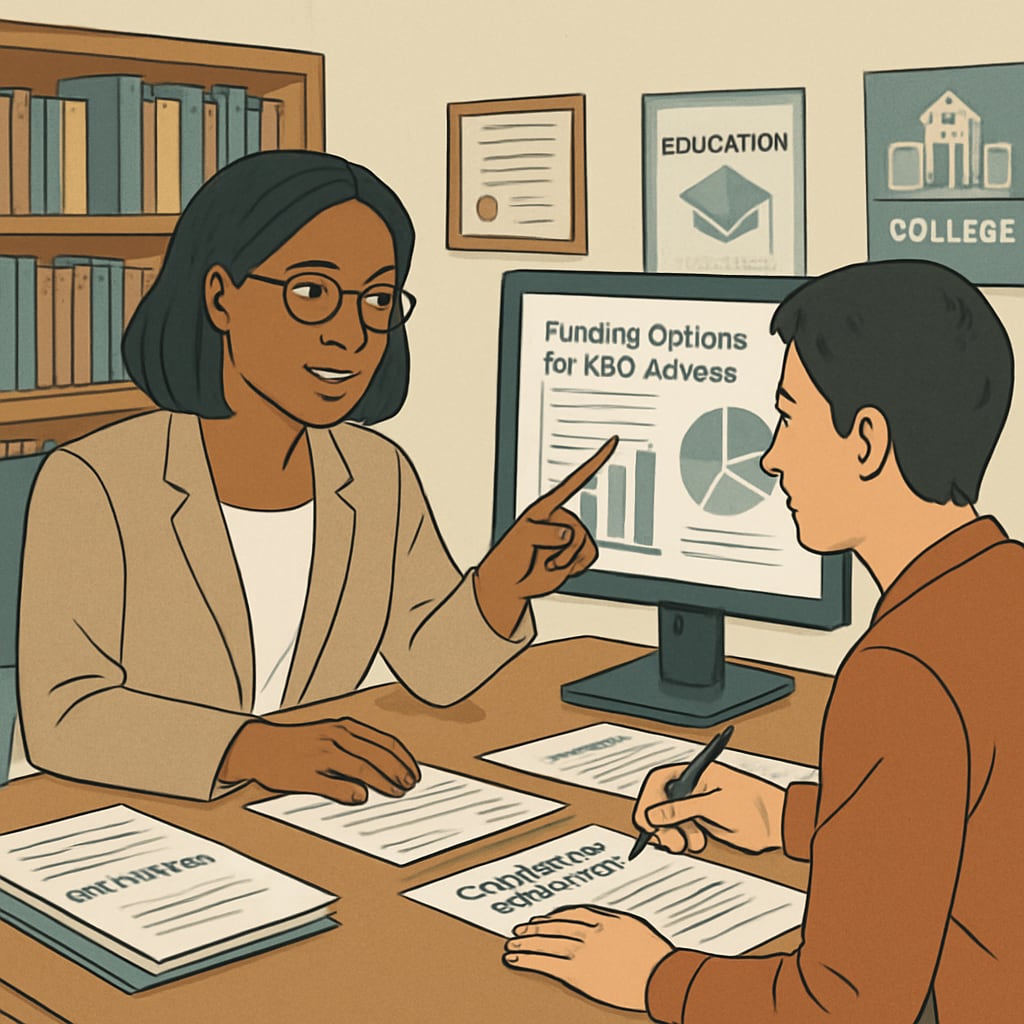For adults who hold a GED (General Educational Development) diploma, pursuing higher education may seem like an uphill battle. However, adult education programs and flexible college admission policies are opening doors for GED holders to earn university degrees and achieve their academic and career goals. With dedication and the right strategies, this second chance at higher education can be transformative.
Why GED Holders Should Consider College
Pursuing a college degree as a GED holder brings numerous benefits. First, higher education unlocks access to better job opportunities and higher earning potential. According to data from the U.S. Bureau of Labor Statistics, individuals with college degrees earn significantly more over their lifetimes compared to those without. Additionally, college provides personal growth, skill development, and a sense of accomplishment that can reshape one’s self-confidence and future prospects.
GED holders often have unique life experiences that enhance their ability to succeed in college. For example, many have already overcome challenges such as balancing work and family responsibilities, making them resilient and self-motivated learners. These qualities can be invaluable in navigating the demands of higher education.

Overcoming Challenges in College Admission
While opportunities abound for GED holders, they often face challenges when applying to colleges. Some institutions may have specific requirements for GED applicants, such as higher standardized test scores or additional coursework to demonstrate college readiness. Moreover, financial barriers can make tuition costs seem unattainable.
However, solutions exist. Many community colleges have open admission policies, making them accessible to GED holders. Additionally, some universities actively support nontraditional students by offering bridge programs or preparatory courses. Financial aid options, including grants, scholarships, and work-study programs, can significantly alleviate the cost burden. Websites like Federal Student Aid provide valuable resources for exploring funding opportunities.

Practical Steps for GED Holders Applying to College
To successfully navigate college admission, GED holders should follow these practical tips:
- Research colleges: Look for schools with programs tailored to adult learners or those that accept GED diplomas without additional prerequisites.
- Prepare academic materials: Take standardized tests (like the SAT or ACT, if required) and gather transcripts or certifications to strengthen your application.
- Build a strong application: Write an impactful personal statement and provide references that highlight your determination and skills.
- Seek guidance: Reach out to admissions counselors or adult education programs for personalized advice.
- Explore financial aid: Apply for scholarships, grants, and loans to make college affordable.
For those who are unsure about starting directly at a university, community colleges can serve as a stepping stone. Many offer transfer agreements with four-year schools, allowing GED holders to transition smoothly after completing their associate degree.
Making the Most of Adult Education Programs
Adult education programs are designed to help nontraditional students succeed. These programs often offer flexible class schedules, online learning options, and academic support tailored to adult learners. GED holders can benefit from tutoring services, career counseling, and mentorship opportunities to stay on track academically.
Additionally, networking with other adult learners can create a sense of community and support, fostering motivation and collaboration throughout the college journey.
A Brighter Future Through Education
Achieving a college degree as a GED holder is not just a possibility—it is a pathway to personal and professional growth. By leveraging adult education programs, seeking financial aid, and building a strong application, GED holders can overcome obstacles and embark on their higher education journey. The rewards of earning a degree are well worth the effort, paving the way for a brighter future and expanded career opportunities.
Whether you are considering community college or aiming for a four-year university, remember that the GED is your stepping stone to success. With determination and the right resources, the dream of higher education is within reach.
Readability guidance: This article uses short paragraphs, clear headings, and practical lists to improve readability. Transition words such as “however,” “in addition,” and “for example” are used throughout to ensure smooth flow and engagement. Passive voice is minimized, and active voice is prioritized.


